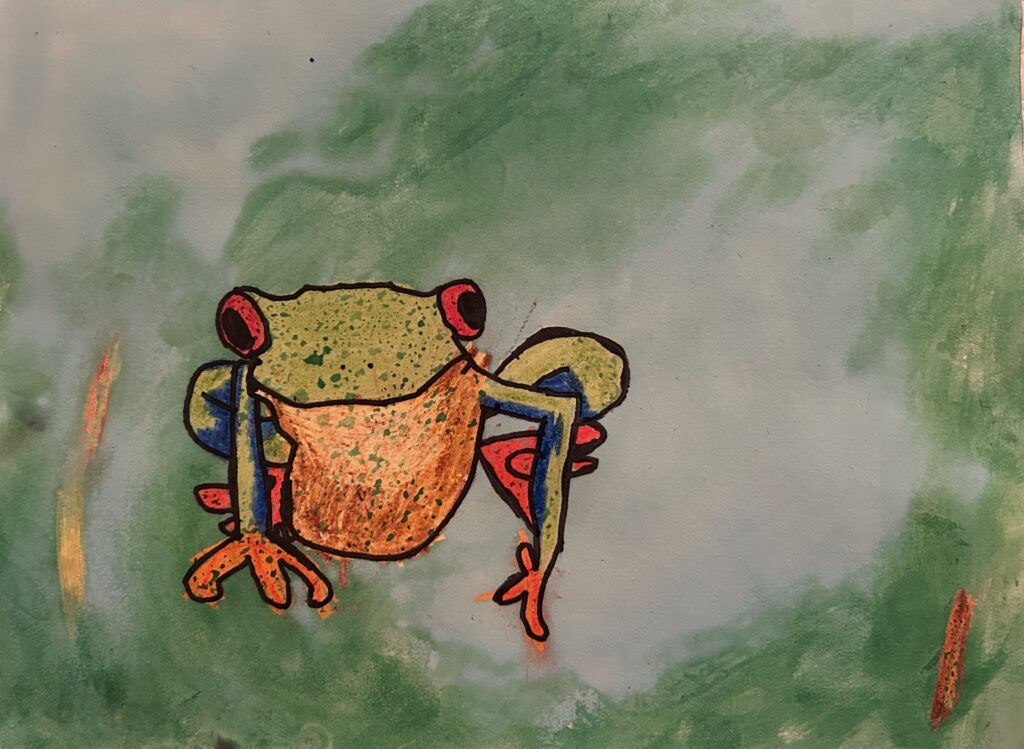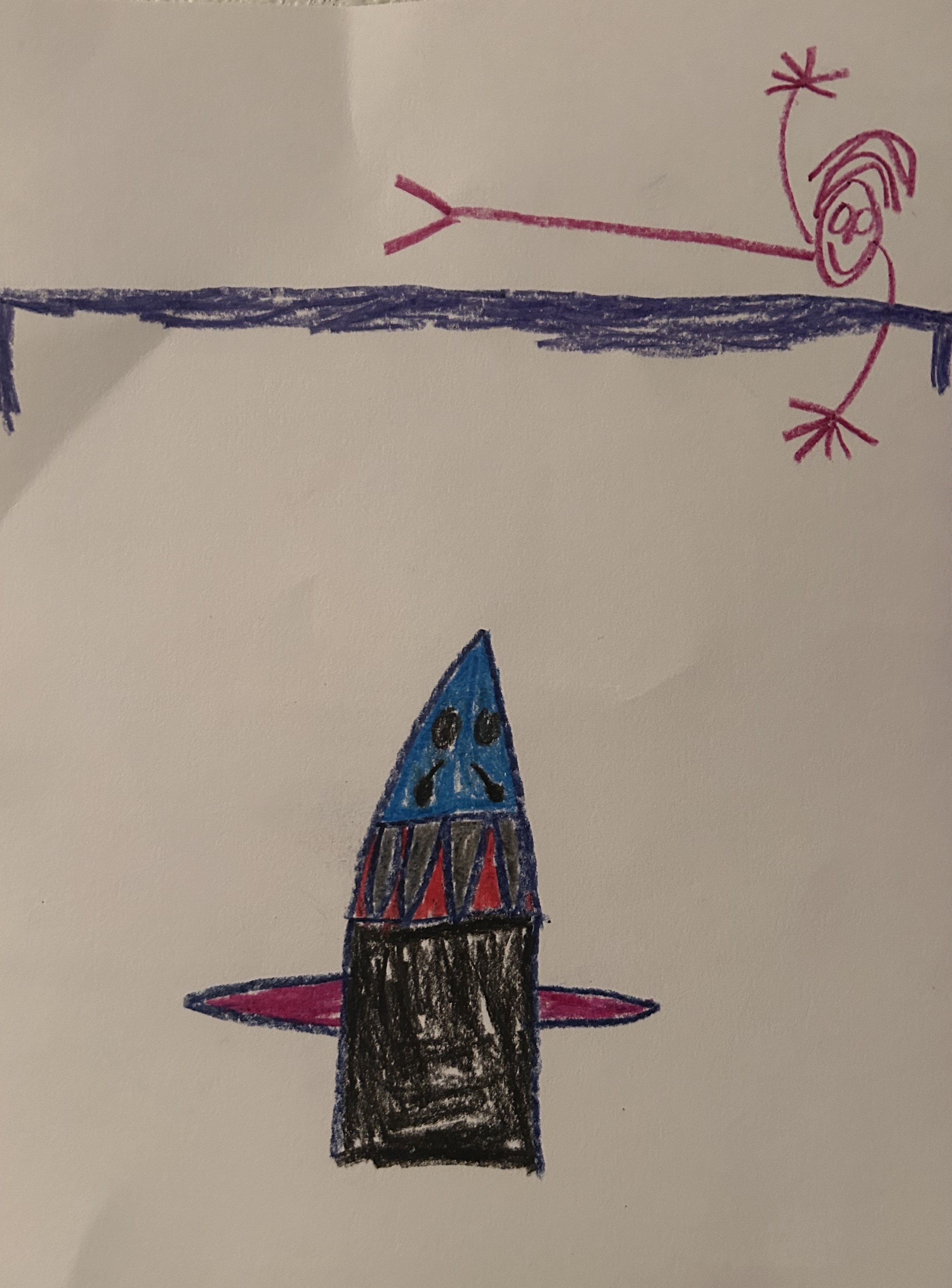Mama Doctor’s Look at Food, Behavior, and the Gut-Brain Connection
The word neurodivergent is becoming more common in everyday conversation—but what does it actually mean?
Simply put, neurodivergence is when someone’s brain processes, learns, and behaves differently from what we might call “neurotypical.” It includes a wide range of differences—like autism, ADHD, anxiety disorders, and more. And while we’re still learning so much about what makes each child unique, there’s one area that’s getting lots of attention: food. Can what our kids eat really affect how they feel, think, and behave?
Let’s dig into the science—and our own story.
🍞 What’s Gluten Got to Do With It?
I’ve asked this question myself—first as a doctor, and then as a mama trying to support her child. Many families wonder if cutting out gluten (a protein in wheat, barley, and rye) can help with ADHD or autism.
Here’s what we know:
Gluten gives dough its stretch and chew, but for some people, especially those with celiac disease or non-celiac gluten sensitivity, gluten can cause inflammation in the gut—and that inflammation can have ripple effects on the brain. (Hello, gut-brain axis!). Interestingly, many people report they can eat bread in Europe without issue but feel sick after eating it in the U.S. This might be because wheat in the U.S. has been selectively bred to contain much higher levels of gluten than older varieties grown abroad. More gluten = more potential inflammation.
🌟 What We Know About Autism and Gluten
Kids with autism are more likely to have digestive problems and may be at higher risk for gluten sensitivity. Researchers have explored whether removing gluten (and sometimes casein, the protein in dairy) can reduce symptoms of autism—and the results are intriguing, but still mixed.
📚 What the studies say:
-
A gluten- and casein-free (GFCF) diet may reduce repetitive behaviors, improve language skills, and ease social challenges in some kids with autism.
-
However, the science isn’t conclusive. Some studies show improvement, while others show no difference.
-
More rigorous research is still needed before we can recommend GFCF for all kids with autism.
-
🧠 Sources: Piwowarczyk et al., Nutrients, 2020; Millward et al., Cochrane Review, 2008; Croall et al., Nutrients 2021; Baspinar et al., Eurasian J Med, 2020
Parents often see a big difference after switching to a GFCF diet. That may be partly due to cutting out processed foods and added sugars—both of which can affect mood and behavior.
🧃 What About Ultra-Processed Foods and Sugars?
Here’s where we have stronger evidence. on Ultra-processed foods (UPFs)—like chips, sodas, sugary cereals, and packaged snacks—can increase inflammation and affect the gut and brain in a big way.
Here’s how UPFs can wreak havoc:
-
They feed “bad” gut bacteria that release endotoxins, which trigger inflammation in the body and brain.
-
They cause blood sugar spikes, which can lead to crashes, meltdowns, and eventually, insulin resistance.
-
They’re full of unhealthy fats and low in antioxidants, meaning they promote inflammation and oxidative stress.
📚 High sugar intake has been linked to increased hyperactivity in neurodivergent kids. On the flip side, diets rich in fruits, vegetables, nuts, and omega-3s from fish seem to support better focus and mood. Sources: Ching-Jung et al., IJERPH, 2016; Ma et al., Front Hum Neurosci, 2016
Sadly, kids with autism who struggle with severe behavior challenges are often put on heavy psychiatric medications—which can come with side effects like weight gain, sedation, tremors, or drooling. ADHD meds can also cause appetite loss, mood swings, or even dependency.
💛 Our Personal Journey
When our son was a toddler, we noticed he needed a lot more supervision than his peers. By preschool, it was clear his inattention and emotional outbursts were holding him back. He couldn’t sit still long enough to recognize letters or draw shapes. He had explosive emotional meltdowns. His pediatrician said he was “fine”—but in our hearts, we knew something was off.
As an endocrinologist, I had already been reading about the gut-brain connection, and the link between food, inflammation, and brain function. Even though we already ate pretty clean, we decided to go all in and try a more targeted elimination diet.
And friends… the change was real.
| Items We Eliminated From Our Son’s Diet | Items We Have Replaced With |
| Gluten | Products made with cassava flour, gluten free oat flour, almond flour, coconut flour, rice flour |
| Dairy | Oatmilk made from organic oats, coconut milk, almond milk, macadamia nut milk |
| Deli meat with nitrates | Deli meat without nitrates |
| Artificial dyes (including candies, chips with dyes) | Candies/snacks made without artificial dyes |
| Industrially produced animal products from fast food | Home cooked meals |
| High fructose corn syrup | Maple syrup, agave, coconut sugar, date sugar, honey, minimal sugar |
| Soy sauce | Soy free aminos |
| Seed/vegetable oils | Olive oil, avocado oil, coconut oil, ghee |
🎨 The Results
Within months, our son’s emotional outbursts became fewer and less intense. He started hitting developmental milestones. The kid who couldn’t draw a circle was suddenly creating beautiful artwork. And school mornings? They went from meltdowns to manageable. We don’t claim it’s a cure. But I do believe food made a real difference.


🥦 The Bottom Line (From This Mama Doc)
There’s no magic diet that works for every child. But food can be a powerful tool in supporting brain and body health—especially in our neurodivergent kids. A gluten-free or dairy-free diet might not be right for every family, but for some kids, especially those with gut issues or inflammatory symptoms, it’s worth considering.
And whether or not you go gluten-free, one thing is clear: Whole foods help kids feel better. Always.
Let’s feed our kids’ growing brains with love, real food, and curiosity. You’ve got this, mama. And I’m right here with you—cheering you on with science and heart.
💛 Dr. Isabel Casimiro
Endocrinologist, (MuDPhuD) mama, and lover of good food

